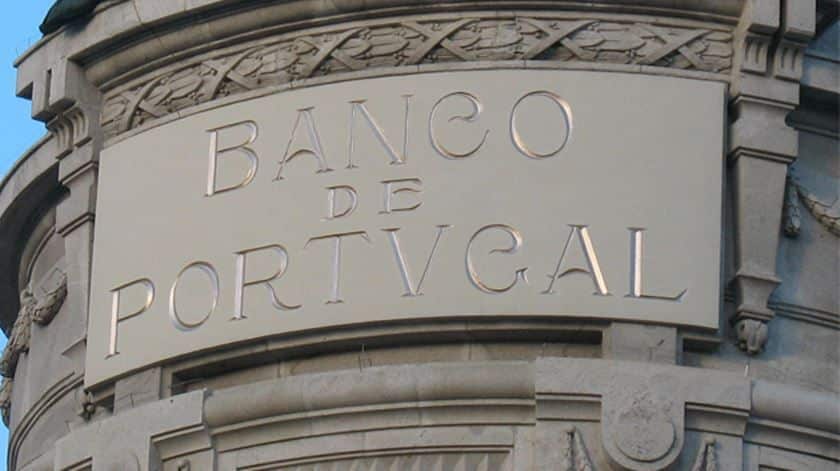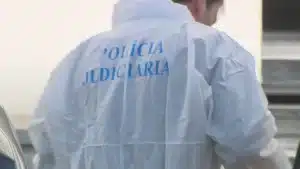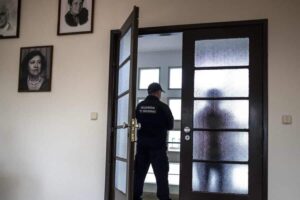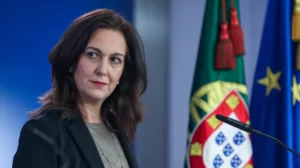Carlos Moura suspected in multi-million ‘rigging’ probe
One of the Bank of Portugal’s senior directors has been made an official suspect in Operation Pactum – the probe that ‘burst onto the scene’ earlier this month, describing a “group of individuals who rigged dozens of public and private procurement procedures, with a total value of no less than €17 million”.
Carlos Moura, the director of the bank’s Information Systems and Technologies department (DSI) is suspected of corruption, economic participation in business, computer fraud, abuse of power, among other crimes committed in various public procurement processes led by the Bank of Portugal, writes Observador online.
More specifically, investigators from the PJ judicial police’s national anti-corruption unit suspect “long standing links” between Moura – who formerly held a position with Portugal Telecom, later to become Altice Portugal – and former colleagues who went from Portugal Telecom to MEO (owned by Altice). These links are what investigators suspect led to the alleged ‘pact’ of corruption that they believe involved at least two very lucrative contracts, one signed in 2017, the other last summer.
Observador stresses that it has written to the Bank of Portugal “to find out whether Carlos Moura has since been the subject of an inquiry, disciplinary inquiry or even a hypothetical suspension from his duties as head of the DSI. The national central bank was also asked if any other members of the institution had been made defendants in this investigation”.
But the only official response from the bank came on the day of the searches (April 3), when it issued a statement confirming that searches were indeed going ahead, promising ‘full cooperation’ with investigators.
At the same time, the searches also targeted the director of the bank’s Legal Services Department, Gonçalo Castilho, whose mobile phone and professional email were seized.
However, Observador “has information that Gonçalo Castilho is not targeted as a suspect in the Operation Pactum, but was searched because he holds information that is relevant to uncovering the material truth of the case under investigation”.
Pactum is currently understood to have 43 ‘arguidos’ (official suspects), of which 31 are individuals, like Carlos Moura, and 12 are companies.
As reports have explained, employees of various state entities are suspected of having received kickbacks for delivering privileged information to the businesses currently being investigated. From this information, the businesses were able to “beat competitors in public tender processes”, between the years of 2017 and 2025.
Beyond the Bank of Portugal, state bodies like EPAL – the Portuguese water board, Bupi – Balcão Unico do Prédio, IRN – the registrars and notaries institute, AMA – the agency for administrative modernisation and SGMJ, the general secretariat of the Ministry of Justice, which among other roles “coordinates European funds in Justice”, were also searched – along with “various IT and technology services companies” (like MEO).
It is understood that at least one MEO representative has been cited in Operation Pactum, and has also been “transferred to another department” within the company since being made an official suspect.
Meantime, Altice Portugal confirms that it has been providing investigators with “all the cooperation that has been requested within the scope of the ongoing investigation” (which like so many before it, is under the Secrecy of Justice ruling – meaning details should be kept to a minimum and controlled by investigating authorities).
Observador does stress however that suspicions of ‘price cartelisation and the rigging of rules of public procurement and free competition, with pre-determination among bidders of the anticipated winner of tenders’ is not, in fact, a criminal offence. It is an administrative offence that is “usually investigated by the Competition Authority (AdC/ Autoridade da Concorrência).
“This case only became a criminal case because PJ police suspect that public officials were aware of the illicit arrangement between private parties, and were also allegedly corrupted. In other words, the offences of economic participation in business – because public entities were harmed – and active and passive corruption, are at stake”. ND
Source material: Observador/ Correio da Manhã




















